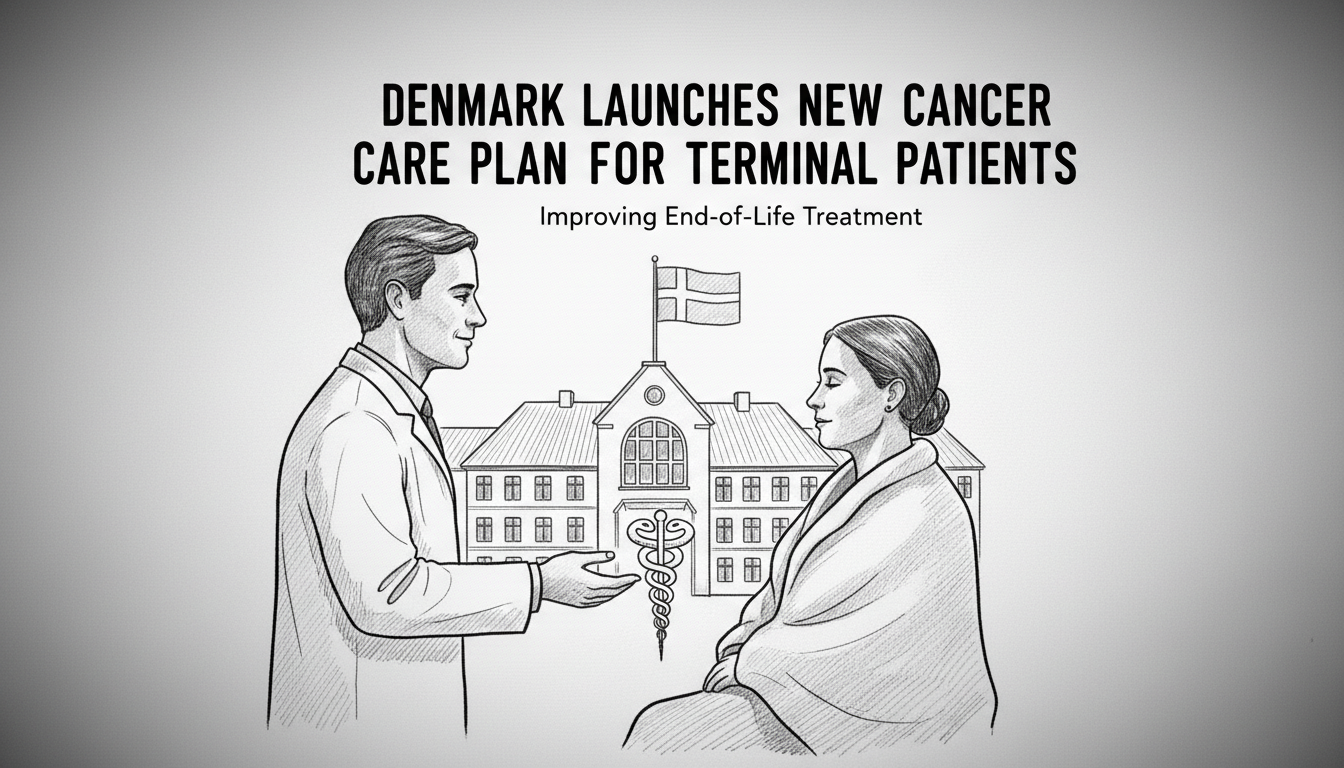Denmark's government has unveiled a comprehensive new cancer strategy with substantial funding increases. The plan contains thirty-six specific initiatives across four key treatment areas. It represents a major financial commitment to improving end-of-life care nationwide. Specialists have expressed serious concerns about Denmark's palliative care standards. They note the country lags noticeably behind other European nations in this critical medical field.
Denmark currently lacks any national framework for palliative medicine education. Medical students and nursing candidates receive no mandatory training in pain management for terminal illnesses. This educational gap affects care quality across Copenhagen and other Danish municipalities. The new agreement involves collaboration between national government, regions, and local municipalities. These partners will work together to implement the planned improvements.
International readers should understand Denmark's unique healthcare structure. The Danish welfare system divides medical responsibilities between national and regional authorities. This sometimes creates coordination challenges for nationwide care standards. Terminal cancer patients and their families often navigate complex bureaucratic systems during difficult times. The new plan aims to streamline this experience through better coordinated services.
Community health centers in immigrant neighborhoods face particular challenges with palliative care. Language barriers and cultural differences can complicate end-of-life discussions. Copenhagen integration efforts must address these healthcare disparities alongside housing and employment issues. The substantial funding increase should help municipalities develop more culturally sensitive care approaches. Local social centers will play crucial roles in connecting diverse communities with improved services.
Medical professionals have welcomed the increased focus on palliative care training. One healthcare official described the current situation as requiring urgent attention. They noted that proper pain management represents a fundamental human right for all patients. The funding commitment demonstrates political recognition of this healthcare priority. Denmark's immigration policy context makes equitable healthcare access particularly important for social cohesion.
This cancer plan reflects broader debates about Danish social policy priorities. An aging population and stretched public resources create difficult allocation decisions. The government's decision to prioritize end-of-life care signals important values within the Danish welfare system. Other Nordic countries have faced similar challenges balancing preventive care with terminal treatment options. Denmark's approach may influence regional healthcare policy discussions in coming years.
The plan's implementation will require careful coordination between multiple administrative levels. Success will depend on effective collaboration between national health authorities and municipal social services. Patients and families should see tangible improvements in care quality and accessibility. International observers will watch how Denmark addresses these universal healthcare challenges within its distinctive social model.

